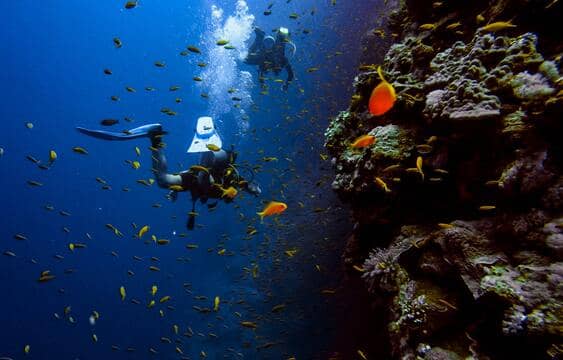Forensic science plays a crucial role in solving crimes and bringing justice to victims. The forensic scientist, a vital figure in the criminal justice system, applies scientific knowledge and techniques to analyze evidence, aiding investigators in solving cases. The importance of forensic scientists cannot be overstated, as their expertise often provides the key to unlocking the truth behind criminal activities.
Schools Offering Online Forensic Science Degrees

Forensic Science Programs from GCU
BS in Forensic Science; MS in Forensic Science

Forensic Science Programs from National University
MS in Forensic Science; Graduate Certificate in Forensic and Crime Scene Investigations

Forensic Science Programs from Oklahoma State
MS in Forensic Science Online
What is a Forensic Scientist?
A forensic scientist is a professional who applies scientific principles and techniques to analyze evidence and help solve crimes. These experts play a crucial role in the criminal justice system by providing critical information that can aid in the identification and apprehension of suspects, as well as the exoneration of innocent individuals.
Forensic scientists work at the intersection of science and law enforcement, using their expertise in various scientific disciplines to examine and interpret evidence found at crime scenes. This evidence can include anything from blood and DNA samples to fingerprints, trace materials, and even digital data. By carefully analyzing this evidence, forensic scientists help to piece together the events of a crime and provide valuable insights to investigators, prosecutors, and defense attorneys.
Types of Forensic Scientists
There are several different types of forensic scientists, each specializing in a particular area of expertise. Some common specializations include:
- Forensic chemists – who analyze chemical substances and compounds found at crime scenes, such as drugs, explosives, and trace evidence.
- Forensic biologists – who focus on the analysis of biological materials, such as blood, saliva, and DNA, to identify victims and suspects.
- Forensic toxicologists – who study the effects of drugs, alcohol, and other toxic substances on the human body, often in relation to cause of death investigations.
- Forensic anthropologists – who examine human remains, often in cases of unidentified decedents or mass disasters, to determine the individual’s identity, cause of death, and other relevant information.
- Forensic odontologists – who analyze dental evidence, such as bite marks and dental records, to assist in the identification of suspects and victims.
- Digital forensics experts – who specialize in the recovery and analysis of digital evidence, such as computer files, mobile phone data, and internet activity.
Key Responsibilities of a Forensic Scientist
Forensic scientists are responsible for a wide range of tasks that are essential to the successful resolution of criminal investigations. Some of their key responsibilities include:
- Collecting and preserving evidence from crime scenes, ensuring that it is properly documented and handled to maintain its integrity and prevent contamination.
- Conducting laboratory analyses of evidence, using specialized equipment and techniques to identify and characterize materials, substances, and biological samples.
- Interpreting the results of their analyses and concluding the significance of the evidence in the context of the case.
- Preparing detailed reports and expert testimony for use in court proceedings, clearly and effectively communicating their findings to judges, juries, and other legal professionals.
- Collaborating with other forensic scientists, law enforcement officers, and legal professionals to share information and insights, and to develop strategies for solving complex cases.
- Continuing their education and professional development, staying current with advances in forensic science techniques, technologies, and best practices.
By fulfilling these responsibilities, forensic scientists play a vital role in the criminal justice system, contributing to the pursuit of truth, justice, and public safety.
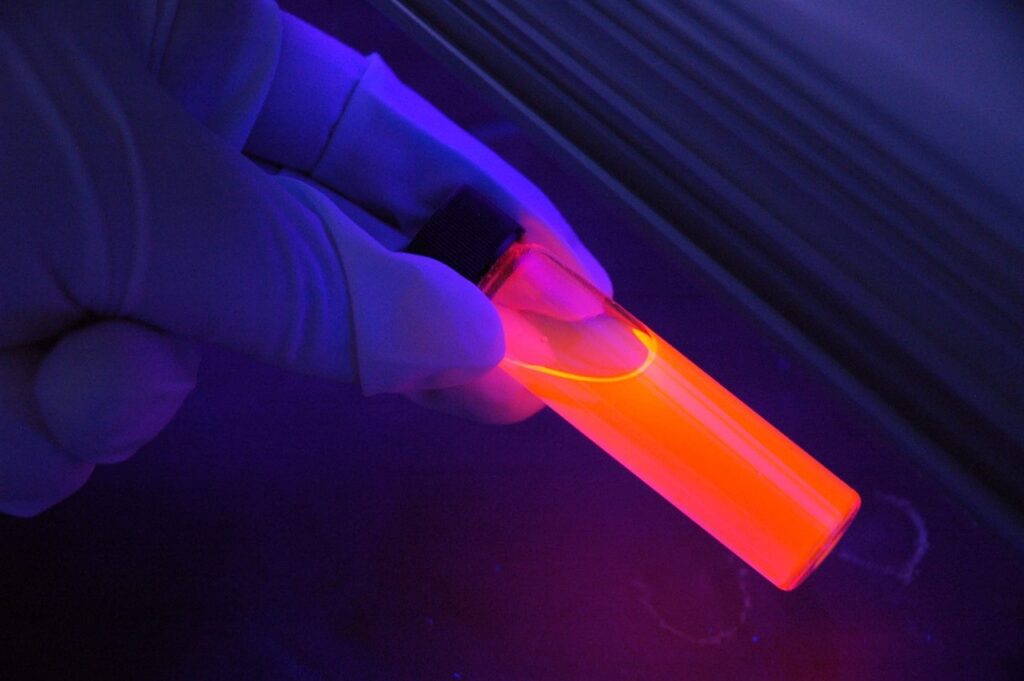
What Does a Forensic Scientist Do?
A forensic scientist plays a crucial role in the criminal justice system. They are responsible for various tasks that involve evidence collection and analysis, collaboration with law enforcement and legal professionals, expert witness testimony in court, and forensic report writing. In this section, we will dive deeper into the responsibilities of a forensic scientist and explore each of these tasks in detail.
Evidence Collection and Analysis
One of the primary responsibilities of a forensic scientist is to collect and analyze evidence from crime scenes. This may include examining and identifying physical evidence such as fingerprints, blood samples, hair fibers, or weapons. They use their expertise in various scientific disciplines, such as biology, chemistry, or physics, to analyze the evidence and determine its relevance to the case. By doing so, they contribute to establishing facts and reconstructing the events that occurred during a crime.
Collaboration with Law Enforcement and Legal Professionals
Forensic scientists work closely with law enforcement officers, detectives, and other legal professionals throughout the investigation process. They share their findings and insights, providing crucial information that can help solve cases and bring criminals to justice. In addition, they may offer guidance and training to law enforcement personnel on proper evidence collection and preservation techniques, ensuring that the integrity of the evidence is maintained throughout the investigative process.
Expert Witness Testimony in Court
As experts in their field, forensic scientists may be called upon to testify in court as expert witnesses. They present their findings and explain the scientific methods used during the evidence analysis, helping the judge and jury understand the significance of the evidence. By providing clear, concise, and objective explanations, they contribute to ensuring that the court proceedings are fair and based on accurate information.
Forensic Report Writing
Forensic scientists are also responsible for documenting their findings in detailed forensic reports. These reports include a thorough description of the evidence, the methods used for analysis, and the conclusions drawn from the examination. The reports serve as a record of the forensic scientist’s work and may be used as a reference during legal proceedings or further investigations. Effective communication and attention to detail are essential skills for forensic scientists, as their reports must be accurate, objective, and easily understandable by non-experts.
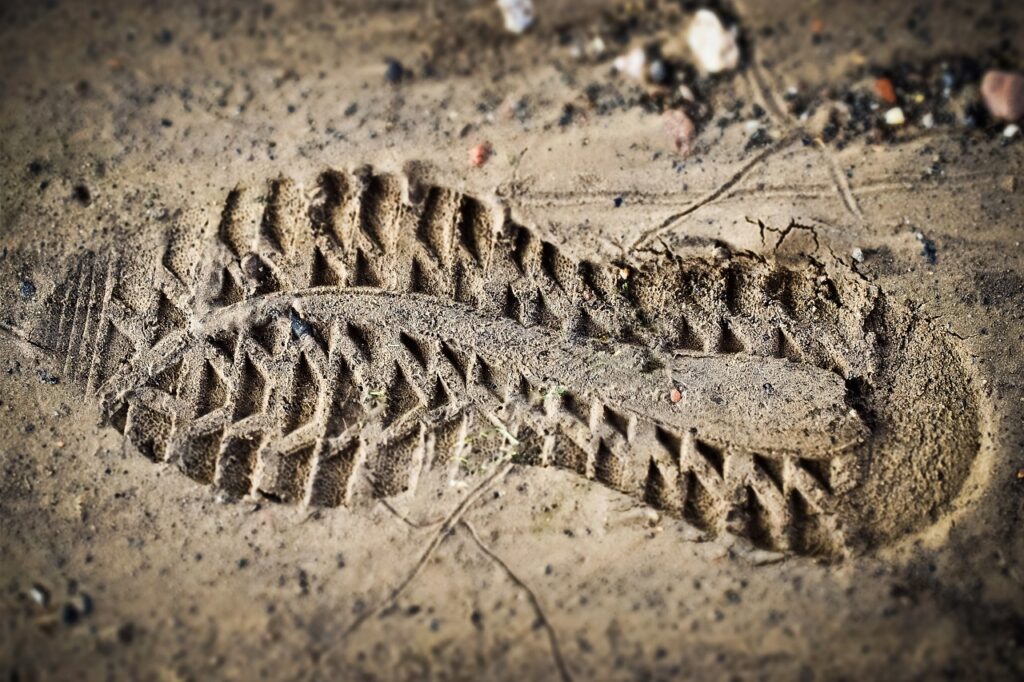
How to Become a Forensic Scientist
Becoming a forensic scientist requires a combination of education, experience, and professional development. In this section, we will discuss the education requirements, gaining experience, professional certification, and networking opportunities essential for a successful career in forensic science.
Education Requirements for a Forensic Scientist
The first step in becoming a forensic scientist is to acquire the necessary education. A bachelor’s degree in forensic science, chemistry, biology, or a related field is typically required. Some positions may require a master’s degree or even a Ph.D., depending on the level of specialization and expertise needed. It is essential to choose an accredited program that offers a well-rounded curriculum, hands-on training, and opportunities for internships or co-op experiences.
Gaining Experience Through Internships, Volunteering, and Employment
Experience is a critical component in building a career as a forensic scientist. Internships, volunteering, and entry-level employment in forensic labs, police departments, and other relevant settings provide valuable hands-on experience and exposure to real-world situations. These opportunities also help in developing essential skills and establishing professional connections that can be vital for career advancement.
Professional Certification and Continuing Education
Obtaining professional certifications in forensic science can help demonstrate expertise and commitment to the field. Several organizations offer certifications, such as the American Board of Criminalistics, the International Association for Identification, and the American College of Forensic Examiners Institute. Continuing education is also crucial for staying current with advancements in forensic techniques, technology, and best practices. Participating in workshops, conferences, and online courses can help forensic scientists maintain their skills and knowledge.
Networking and Professional Involvement
Networking and professional involvement play a significant role in career development for forensic scientists. Joining professional associations, attending conferences, and participating in online forums can help build connections with other professionals in the field. Networking can lead to potential job opportunities, collaborations, and access to valuable resources and information. Additionally, getting involved in research projects, publications, and presenting at conferences can help establish a strong reputation and credibility within the forensic science community.
The journey to becoming a forensic scientist involves a combination of education, experience, professional certification, and networking. By following these steps and continuously improving their skills and knowledge, aspiring forensic scientists can build a successful and rewarding career in this fascinating field.
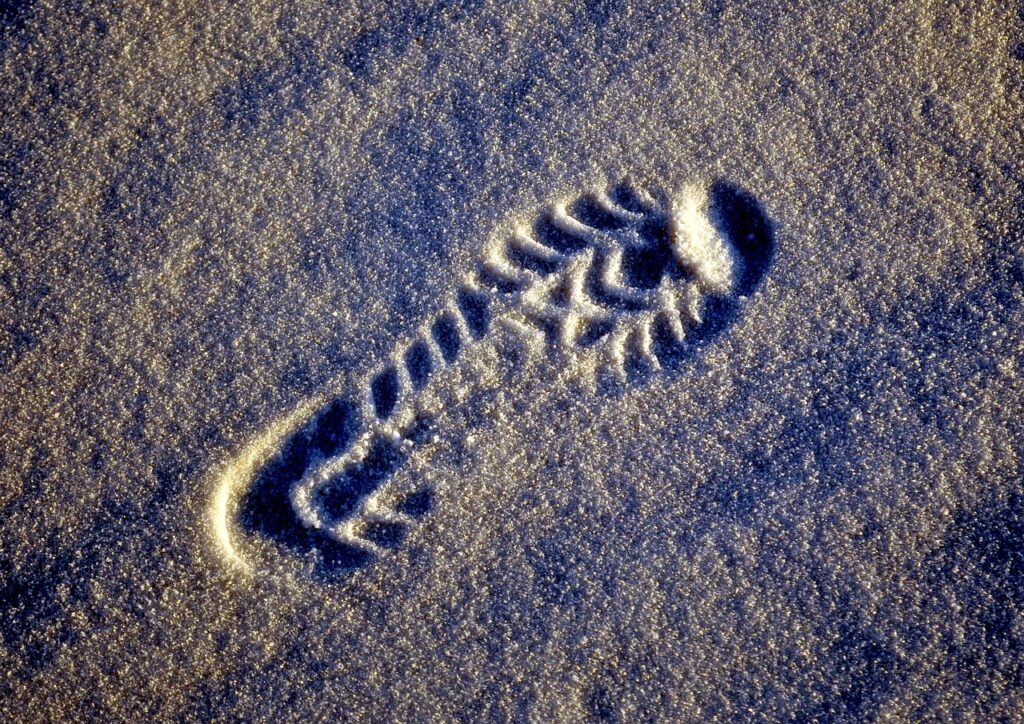
What Degree Do You Need to Be a Forensic Scientist?
Forensic scientists play a crucial role in solving crimes and maintaining the integrity of the criminal justice system. To become a forensic scientist, you will need to have the appropriate educational background. In this section, we will discuss the degree programs available in forensic science, the benefits of pursuing a STEM degree in this field, and alternative education options such as online learning platforms and vocational schools.
Forensic Science Degree Programs
Several degree programs are available for aspiring forensic scientists, ranging from associate to doctorate degrees. An associate degree in forensic science can be a stepping stone for entry-level positions, while a bachelor’s degree is typically the minimum requirement for most forensic scientist roles. Advanced degrees, such as a master’s or Ph.D., may be necessary for specialized roles or career advancement. These programs usually cover topics such as chemistry, biology, physics, and criminal justice, providing students with the necessary knowledge and skills for a career in forensic science.
Benefits of Pursuing a STEM Degree in Forensic Science
Obtaining a degree in forensic science, which falls under the STEM (Science, Technology, Engineering, and Mathematics) umbrella, offers numerous benefits. STEM degrees are in high demand due to their relevance in today’s job market, and they often provide graduates with ample job opportunities and competitive salaries. Moreover, a forensic science degree equips students with valuable transferable skills such as critical thinking, problem-solving, and attention to detail, making them highly employable in various industries.
Alternative Education Options: Online Learning Platforms and Vocational Schools
For adult learners and non-traditional students seeking affordable and flexible education options, online learning platforms and vocational schools may be viable alternatives to traditional colleges and universities. Online forensic science degree programs allow students to access course materials, participate in discussions, and complete assignments at their convenience. These programs often offer the same quality of education as their on-campus counterparts, while also providing the flexibility to balance work, family, and other responsibilities.
Vocational schools, on the other hand, offer specialized training programs that focus on the practical application of skills, preparing students for entry-level positions in the forensic science field. Both online learning platforms and vocational schools can be valuable options for those looking to pursue a career in forensic science without committing to a traditional degree program.
The right degree for a forensic scientist depends on individual career goals and preferences. By exploring various education options such as traditional degree programs, online learning platforms, and vocational schools, aspiring forensic scientists can find the path that best suits their needs and leads to a successful career in the field.

Forensic Scientist Education
Forensic scientist education begins with a solid foundation in high school, where students should focus on science, math, and communication skills. This foundation is further developed through various degree programs, including associate, bachelor’s, and graduate degrees in forensic science. Each level of education provides unique opportunities for students to expand their knowledge and skills in the field.
High School Preparation and Prerequisites
In high school, aspiring forensic scientists should take courses in biology, chemistry, physics, and mathematics to build a strong foundation in science. Additionally, courses in English and communication are essential for developing the written and oral skills required in forensic science. Participating in relevant extracurricular activities, such as science clubs or internships, can also provide valuable experience and exposure to the field.
Associate Degree in Forensic Science
An associate degree in forensic science typically takes two years to complete and provides a solid introduction to the field. Courses may include forensic biology, chemistry, and criminalistics, as well as general education courses in mathematics, English, and social sciences. This degree can serve as a stepping stone for students who wish to pursue a bachelor’s degree in forensic science or as a foundation for entry-level positions in the field.
Bachelor’s Degree in Forensic Science
A bachelor’s degree in forensic science is typically a four-year program that delves deeper into the theoretical and practical aspects of the field. Students will study various forensic disciplines, such as toxicology, serology, and trace evidence analysis, as well as gain hands-on experience through laboratory work and internships. A bachelor’s degree is often the minimum educational requirement for many forensic scientist positions, making it a critical step in the career path.
Master’s Degree and Ph.D. Programs in Forensic Science
Graduate programs in forensic science, such as master’s degrees and Ph.D. programs, offer advanced training and specialization opportunities for those seeking to advance their careers or enter academia. These programs typically focus on research, advanced laboratory techniques, and specialized areas of forensic science, such as DNA analysis or digital forensics. Completion of a graduate degree can lead to leadership positions in forensic laboratories, teaching and research opportunities, or consulting roles within the criminal justice system.
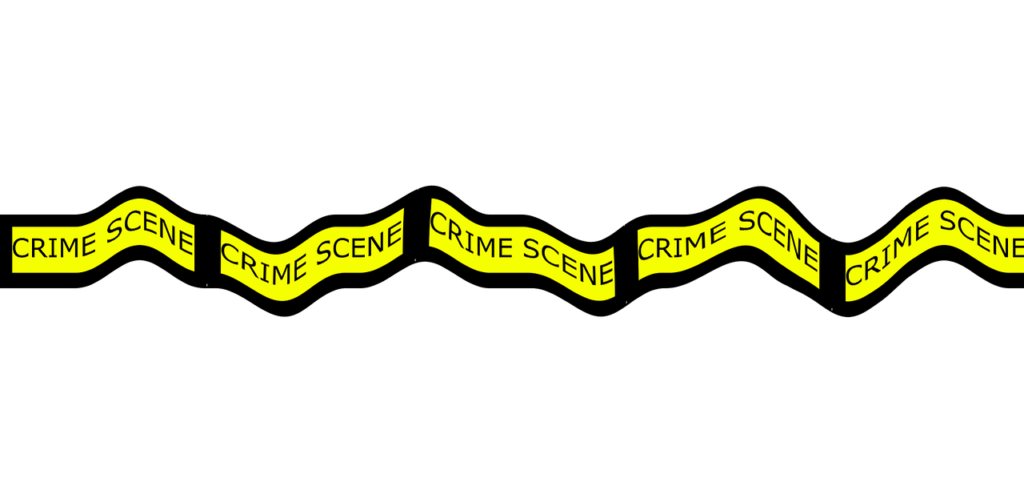
How Much Does a Forensic Scientist Make?
Entering the field of forensic science can be rewarding, not only in terms of the impact you make in solving crimes but also in terms of compensation. In this section, we will discuss the salary of forensic scientists, factors that affect their income, and their career progression.
Forensic Scientist Salary
Salaries for forensic scientists can vary based on several factors, such as experience, education, and geographical location. According to the Bureau of Labor Statistics, the median annual wage for forensic science technicians, which includes forensic scientists, was $63,740 as of May 2022.
Factors Affecting Salary, Such as Experience, Location, and Specialization
Experience plays a significant role in determining a forensic scientist’s salary. As you gain more experience in the field, your income is likely to increase. For instance, entry-level forensic scientists may start with a lower salary, while those with several years of experience may earn higher pay.
Geographical location also impacts the salary of forensic scientists. Some areas with higher costs of living or greater demand for forensic scientists may offer higher salaries. Additionally, if you work for a federal agency, such as the FBI, you may earn a higher salary than those working for local law enforcement agencies.
Specialization in a particular area of forensic science can also impact your salary. Some specialized fields may offer higher salaries due to the level of expertise required or the demand for those skills. Examples of specialized fields within forensic science include forensic toxicology, DNA analysis, and digital forensics.
Job Outlook and Career Progression
The job outlook for forensic scientists is promising. The Bureau of Labor Statistics projects that employment of forensic science technicians will grow 13 percent from 2022 to 2032, much faster than the average for all occupations. This growth can be attributed to the increasing use of forensic science techniques in solving crimes and the need for skilled professionals in the field.
As you progress in your career as a forensic scientist, you may have the opportunity to advance to supervisory or managerial roles. This can lead to increased responsibility and higher salaries. Additionally, continued professional development and networking can help you stay up-to-date with the latest advancements in forensic science, further enhancing your career prospects.
Forensic Scientist Skills
Success in the field of forensic science requires a diverse skill set. In this section, we will explore the essential skills for a forensic scientist, the importance of critical thinking, communication, and attention to detail, and how to develop and maintain professional skills through continuing education.
Essential Skills for a Successful Forensic Scientist
Forensic scientists must possess a strong foundation in science and technology, including knowledge in chemistry, biology, and physics. Analytical skills are crucial for accurately examining evidence and drawing conclusions from laboratory results. In addition, forensic scientists should have excellent problem-solving abilities to devise creative solutions when faced with complex cases.
As forensic scientists often work in teams with other professionals, such as law enforcement and legal experts, strong interpersonal and communication skills are vital. Written communication is particularly important, as forensic scientists must prepare clear and concise reports to be used in court proceedings.
Importance of Critical Thinking, Communication, and Attention to Detail
Critical thinking allows forensic scientists to evaluate evidence objectively and consider alternative explanations. This skill is essential for ensuring that conclusions are based on solid evidence and sound reasoning. Communication, both written and verbal, is key for effectively collaborating with colleagues and presenting findings in court. Attention to detail is crucial for forensic scientists, as even small errors can have significant consequences in criminal investigations.
Proficiency in these skills not only contributes to a successful career in forensic science but also helps to maintain the integrity of the criminal justice system by ensuring that evidence is properly analyzed and interpreted.
Developing and Maintaining Professional Skills through Continuing Education
As forensic science is a rapidly evolving field, professionals need to stay up-to-date with the latest advancements in technology and methodologies. Continuing education, such as attending workshops, conferences, and webinars, can help forensic scientists expand their knowledge and sharpen their skills. Additionally, pursuing higher degrees or professional certifications can provide opportunities for career advancement and specialization.
By continually investing in their professional development, forensic scientists can remain at the forefront of their field and better serve the criminal justice system in solving crimes and bringing justice to victims.
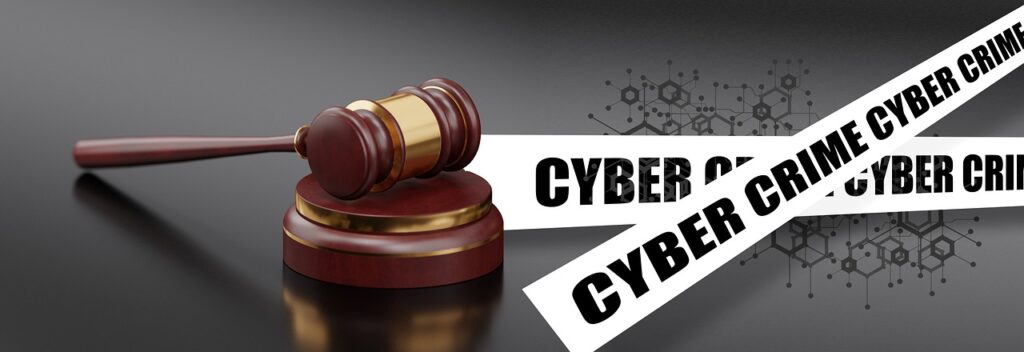
Forensic Scientist Job Description
Understanding the job description of a forensic scientist is essential to gain insight into their day-to-day work life and the different aspects of their career. In this section, we will discuss the typical work environment, daily tasks, and responsibilities, as well as the challenges and rewards of a forensic scientist career.
Typical Work Environment for a Forensic Scientist
Forensic scientists usually work in laboratories, where they analyze evidence collected from crime scenes. They might also be required to visit crime scenes occasionally to gather evidence or collaborate with law enforcement officers. In addition, forensic scientists may work in offices when preparing reports or providing expert witness testimony in court. The work setting can be quite diverse, ranging from local, state, or federal government agencies to private companies and academic institutions.
Daily Tasks and Responsibilities
The daily tasks and responsibilities of a forensic scientist may vary depending on their specialization and employer. Common tasks include analyzing evidence such as DNA, blood, fibers, and other materials, using various scientific techniques and instrumentation. Forensic scientists may also be responsible for documenting their findings, interpreting results, and preparing reports to share with law enforcement and legal professionals. Furthermore, they may be required to testify in court as expert witnesses, explaining the results of their analysis and its significance in the context of a legal case.
Challenges and Rewards of a Forensic Scientist Career
Working as a forensic scientist can be both challenging and rewarding. One of the main challenges is dealing with the emotional aspect of working with evidence from violent crimes, which can be distressing for some individuals. Additionally, forensic scientists may face time constraints and high-pressure situations, as their work is crucial in solving crimes and assisting in legal proceedings.
Despite these challenges, a career in forensic science can be highly rewarding. Forensic scientists play a vital role in the criminal justice system, helping to solve crimes and bring justice to victims and their families. Moreover, the constant advancements in technology and techniques in forensic science provide a stimulating and dynamic work environment, offering opportunities for continuous learning and professional growth.

Forensic Scientist Career Progression
Forensic scientists have various advancement opportunities to progress in their careers. As they gain experience and develop specialized skills, they can advance to supervisory or managerial positions in their organizations. In this section, we will explore the advancement opportunities, specializations, and tips for career development and professional growth in the field of forensic science.
Advancement Opportunities for Forensic Scientists
With experience and dedication, forensic scientists can move up the career ladder by taking on roles such as supervisors, laboratory managers, or directors. These higher-level positions often involve overseeing teams of forensic scientists, managing budgets, and ensuring the quality of work produced by the laboratory. Additionally, forensic scientists may consider teaching or research positions within academic institutions or consultancy roles in the private sector.
Specializations and Areas of Expertise
Forensic science is a diverse field with numerous subdisciplines and specializations. By focusing on a particular area of expertise, forensic scientists can enhance their career prospects and stand out among their peers. Some popular specializations include DNA analysis, toxicology, forensic pathology, and digital forensics. Pursuing additional education or certification in a specific area can help forensic scientists become experts in their chosen specialization, leading to increased career opportunities.
Unlock Your Potential
Throughout this guide, we’ve explored the steps to becoming a forensic scientist, from education requirements to professional certifications. With a rewarding and impactful career in forensic science, you can contribute to the criminal justice system and make a difference in the world.

